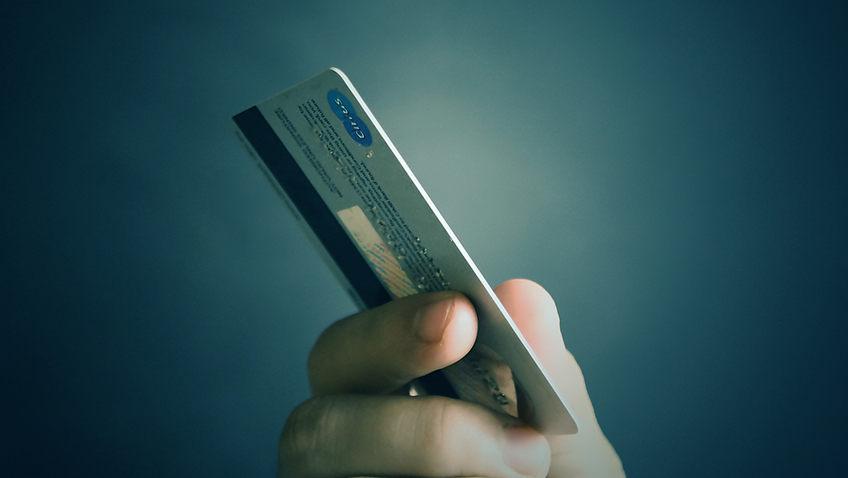A report issued recently shows that our use of cash to pay for things has been overtaken by our use of cards.
The report, by UK Finance, who represent the finance and banking industry in the UK, shows that for the first time, our use of debit cards has overtaken cash as the most frequently used payment method in the UK. The latest UK Payment Markets report shows how the rapid developments in new technology, payment innovation and changing consumer habits have contributed to the change in how we pay for goods and services.
The popularity of contactless payments, online shopping and smartphones is having a significant effect on how we manage our money and pay for things. In total, across both debit and credit cards, the number of contactless payments increased by 97% during 2017 to 5.6 billion. Almost 63% of people in the UK now use contactless payments, and interestingly, no age group or region falls below 50% usage.
The rise in smaller businesses and shops accepting contactless payments, along with most of us becoming more comfortable with using our contactless cards, has contributed to making payments by debit cards more popular.
Around 3.4 million consumers almost never used cash at all, relying on cards and other payment methods to manage their spending instead.
2017 saw a 15% decrease in cash payments, yet despite this fall, cash was still the second most frequently used payment method, just behind debit cards, accounting for just over 34% of all payments. The number of payments using cash is expected to continue to fall over the coming decade and it is predicted that cash will account for only 16% of payments by 2027. But despite this, it’s expected that cash will still retain its place as the second most frequently used payment method in 2027, ensuring that no one gets left behind.
Stephen Jones, Chief Executive of UK Finance said: “The choice of payment options available in the UK is allowing people to choose to pay the way that best suits them. But we’re far from becoming a cash-free society and despite the UK transforming to an economy where cash is less important than it once was, it will remain a payment method that continues to be valued and preferred by many.
“These trends are likely to shift further over the next decade. Developments such as Open Banking are expected to bring extensive changes to the payments landscape, something that will likely shape how we interact with our money in the coming years.”
The Financial Times also reported recently that UK banks have welcomed the shift to consumers using less cash as this ‘can reduce costs and lower crime’. Whilst that may be true, it may be worth remembering that it was only a couple of weeks ago that the failure of the VISA payment system, used by the vast majority of the UK bank debit and credit cards, left thousands of shoppers stranded and many businesses unable to accept card payments. Chaos ensued for many, highlighting the risks we face when relying on complex technologies; the impact of their failure is far-reaching and perhaps one reason why we are still a way off becoming a cashless society.




